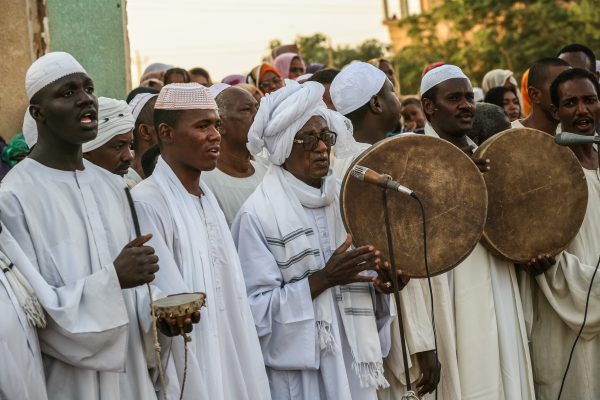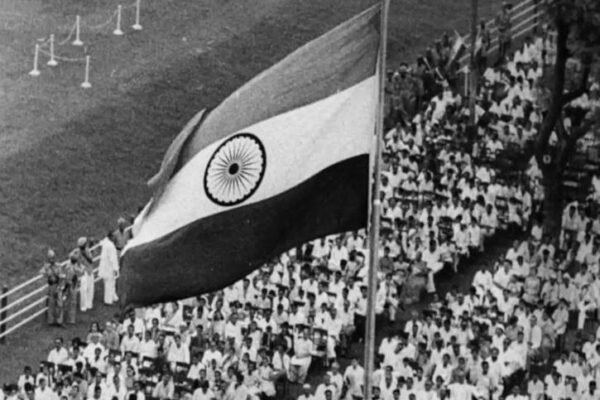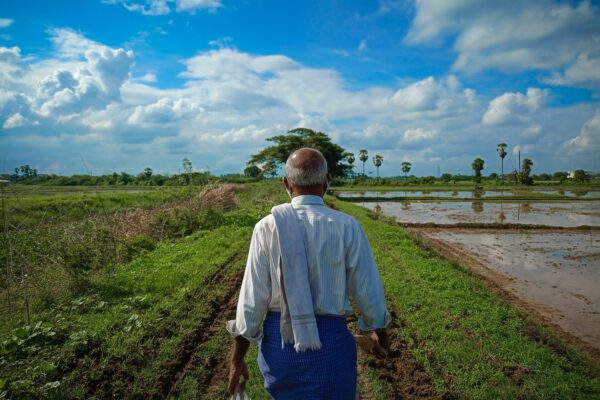There’s no gainsaying that many powerful countries have turned a blind eye to the situation in Kashmir. But, as it is often said that little drops make the mighty ocean, African Muslims can contribute the own ‘little’ quota in the emancipation of the marginalized region because keeping mute can never be an option in the face of injustice.
There’s no gainsaying that many powerful countries have turned a blind eye to the situation in Kashmir. But, as it is often said that little drops make the mighty ocean, African Muslims can contribute the own ‘little’ quota in the emancipation of the marginalized region because keeping mute can never be an option in the face of injustice.
The disputed region of Jammu and Kashmir has become an issue of controversy since 1947. This cannot be unconnected with the series of crisis between India and Pakistan on one hand, and the gross violation of human rights in the “Indian-administered Kashmir”, contrary to “Pakistan-administered Kashmir”.
It is said that even before India and Pakistan won their independence from Britain in August in 1947, the area was hotly contested.
In the Indian Partition Plan provided by the Indian Independence Act, Kashmir was free to accede to either India or Pakistan. The Maharaja, Hari Siph, initially wanted Kashmir to become independent but in October that year, he chose to join India.
It was after India and Pakistan declared themselves nuclear powers that Delhi and Islamabad claimed control of Kashmir, which made the duo in charge of the embattled region.
The Resurgence of Chaos
There’s relative peace in Pakistan-administered Kashmir and that of India before August 2019. But, shortly after the reemergence of Narendra Modi as the Prime Minister of India, he revoked Article 370, the clause in the country’s constitution that gives a long-privileged status of significant autonomy to the region. Under that clause, the region owns its constitution, a flag, and independence except on foreign affairs, defense, and communication.
The Indian governing party, the Bharatiya Janata Party (BJP), has long opposed Article 370 and had repeatedly called for its abolishment. It is enshrined in the Hindu party’s manifesto before the 2019 elections that it would scrap the clause.
It is now a year since the New Delhi imposed a military lockdown on the region, while local Kashmiri representatives are being arrested. Telephone networks and the internet have been cut off and public gatherings banned.
There also have been several allegations of new arrests, torture, and ill-treatment by security forces. The government has also used harsh counterterrorism and sedition laws to clampdown on peaceful critics, said the Human Rights Watch (HRW) recently.
Observers alleged that Kashmir is one of the most militarized zones in the world.
What Can African Muslims Do To Help Kashmir?
It is now evident that this debatable region that is famed for the beauty of its lakes, meadows and snow-capped mountains is facing human rights violations, not from any country but from India.
There’s no gainsaying that many powerful countries have turned a blind eye to the situation in Kashmir. But, as it is often said that little drops make the mighty ocean, African Muslims can contribute the own ‘little’ quota in the emancipation of the marginalized region because keeping mute can never be an option in the face of injustice.
Muslim diplomats from Africa can mount diplomatic pressure on India to rescind its decision of revoking Kashmir’s status.
People of African descent can sue anyone suspected of human rights violations in the region at the International Criminal Court, as the Armed Forces (Special Powers) Act (AFSPA) has given security operatives immunity, shielding them from prosecution since 1990. The step of making them face the full wrath of the law will surely serve as a deterrent to those thinking of emulating them.
When a top Indian government official is intending to travel to an African country, Muslims can write directly to the country they intend visiting to deny them entry. This can be done through the initiation of social media campaigns.
Muslims in Africa can relegate India as one of the fastest-growing economies in the world. Furthermore, as tourism is one of the country’s lifeblood, Africans can stop visiting the country in the name of tourism. This surely will affect its GDP, because in 2018 alone, the World Travel and Tourism Council reported that the sector is responsible for its 9.2% of GDP that year.
And in addition to tourism, the automobile and the agriculture sector should suffer the same fate. If African Muslims can do this, then the Indian government must have a second thought on its brutality against the innocent and peaceful people of Kashmir.





